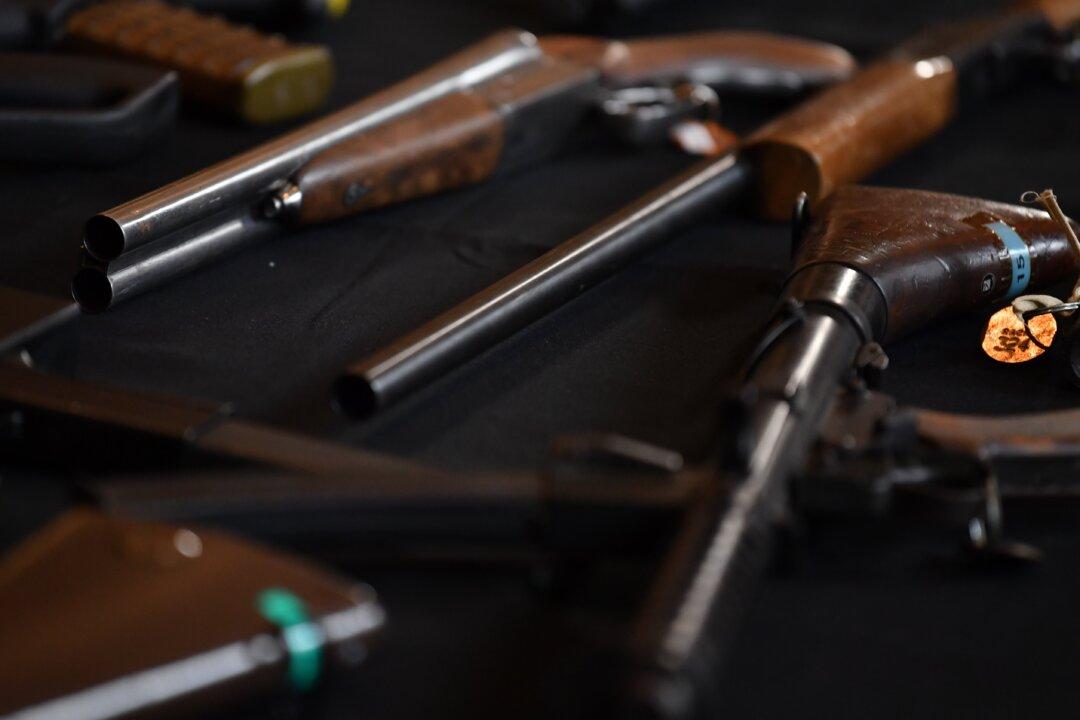Hundreds of high-powered firearms have been removed from Western Australian (WA) citizens following a “successful” government buyback scheme.
This follows an announcement in February that saw the state government outlaw very high-powered firearms that were capable of shooting at long ranges and piercing armoured plating.





